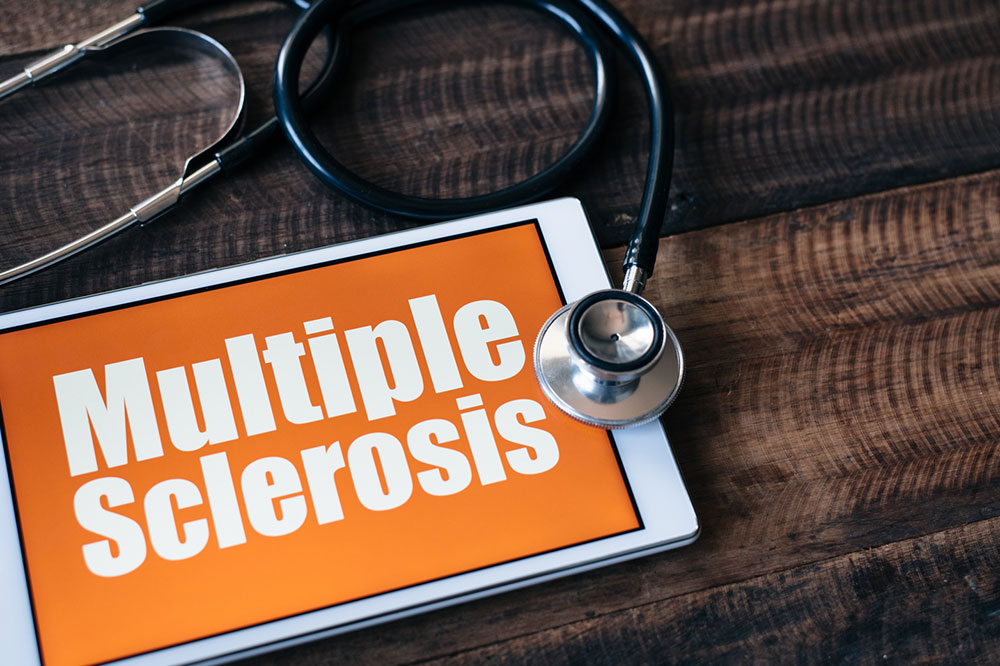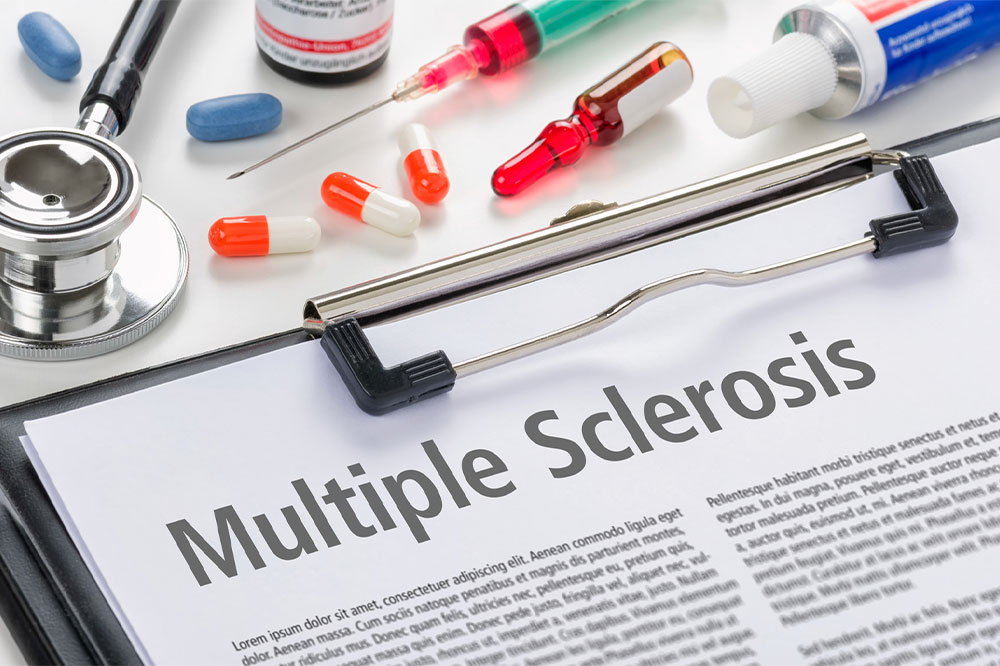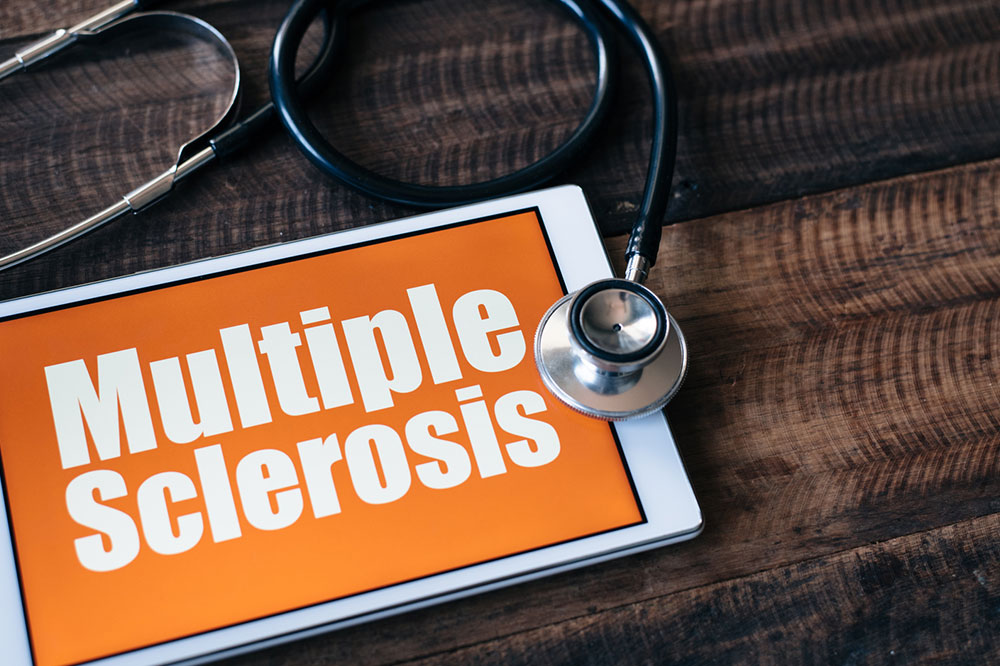Comprehensive Strategies for Managing Multiple Sclerosis Symptoms
This article covers comprehensive management approaches for multiple sclerosis symptoms, emphasizing both pharmacological and non-pharmacological strategies. It highlights the importance of multidisciplinary care in improving patient quality of life and managing complications such as tremors, spasms, pain, bladder issues, cognitive decline, depression, and more.
Sponsored

Strategies for Managing Multiple Sclerosis Symptoms
Multiple sclerosis impacts various aspects of daily life and can greatly diminish quality of life. Its complications involve multiple body systems, requiring tailored management approaches.
Common MS Complications and Management
Persistent tremors and depression
Muscle spasms and heat intolerance
Chronic pain and sexual issues
Bladder problems and fatigue
Urinary tract infections and cognitive challenges
Constipation and fecal incontinence
Here, we discuss both medication and non-medication strategies for each issue.
Tremors: are frequent in MS patients, managed via devices like weighted gloves, deep brain stimulation, or thalamic surgery. Medications such as anticonvulsants like Clonazepam are also used. Other options include Mysoline, Ondansetron, and Propranolol.
Muscle spasms are addressed through encouraging physical activity and stretching routines, complemented by physiotherapy and occupational therapy. Spasticity-relieving medications include Diazepam (Valium), Baclofen, Dantrolene, and Tizanidine.
Pain management involves anticonvulsants, tricyclic antidepressants, and anti-arrhythmic drugs such as gabapentin, phenytoin, and carbamazepine, with doses ranging from 100 to 1000 mg daily. Weakness can be mitigated with potassium channel blockers like 4-aminopyridines.
Bladder issues are managed by limiting evening fluid intake, performing regular bladder emptying, and pelvic exercises (Kegels). When needed, medications such as oxybutynin and propantheline bromide are prescribed. Preventing urinary infections involves acidic fluids like orange or cranberry juice to lower urine pH, along with antibiotics or intermittent catheterization.
Constipation is managed through increased fluid and fiber intake, stool softeners, and laxatives. Fecal incontinence can be limited by adjusting fiber consumption.
Depression, stemming from disease impact, is addressed with counseling, psychiatric or psychological consultation, and support groups. Pharmacotherapy options include Fluoxetine, Sertraline, and Amitriptyline.
Heat sensitivity is mitigated by avoiding heat exposure, using ice packs, and maintaining cooled environments.
Sexual dysfunction may result from nerve damage and psychological factors; management includes lubricants, sexual aids, and medications like sildenafil.
Fatigue, either from muscle spasticity or independently, can be alleviated through assistance with daily tasks or stimulants such as methylphenidate.
Cognitive issues like memory lapses are treated with neurotransmitter-enhancing drugs such as Donepezil.
Many MS patients face permanent disabilities affecting motor functions and vision, leading to loss of independence and livelihood. Support from occupational therapists and mental health professionals is vital for improving life quality and adapting to daily challenges.






